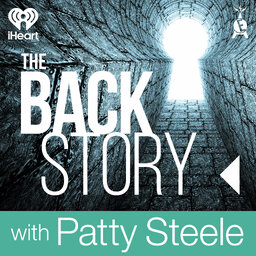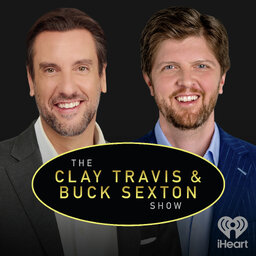Thomas Edison did not invent the light bulb
Thomas Edison was a lot of things – genius businessman, incredible marketing guy, someone with an insane work ethic and no need of sleep. But he an inventor? Not so much. He and his team borrowed the light bulb, perfected it and mass produced it. Then his business and marketing skills did the rest.
In 3 playlist(s)
The Backstory with Patty Steele
Love a good, juicy story that goes beyond what we already know? We're talking scandalous presidentia…Social links
Follow podcast
Recent clips
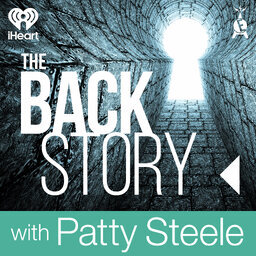
The Backstory: Neil Young: Godfather of Grunge. Rock Star Dad. Heart of Gold
09:23
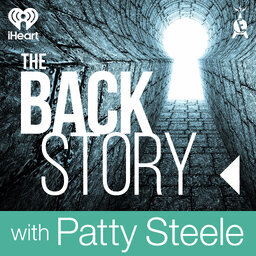
The Backstory: Blizzards, Survival, and Cannibalism
10:56
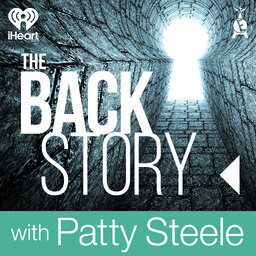
The Backstory: The Sex Scandal That Foreshadowed the Epstein Case
07:06
 The Backstory with Patty Steele
The Backstory with Patty Steele